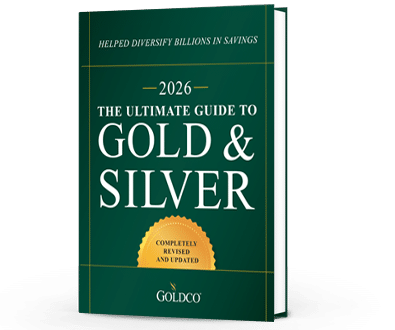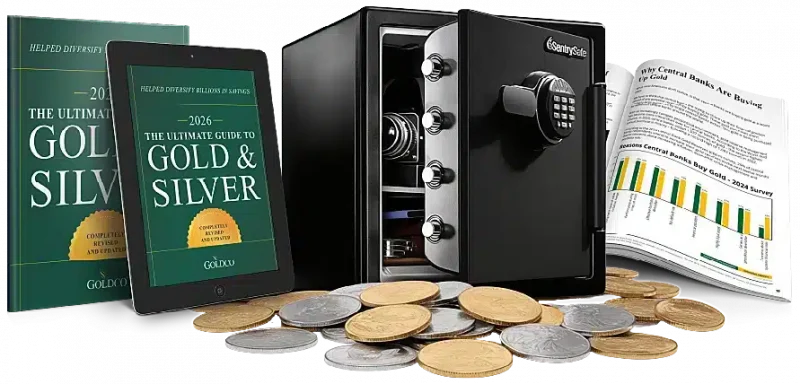
One concern that just about anyone has is whether or not they have enough money. That’s as true for those starting out in the workforce as it is for those soon to retire. But it’s those who are closest to retirement who really need to ensure that they have enough money for retirement.
According to the Federal Reserve, the average American needs about $967,000 in savings in order to live comfortably in retirement. You may think that’s a huge amount of money, but it only results in about $74,000 a year in income. And if inflation increases, or the economy falls into a deep recession, even that amount of money may end up being insufficient.
If you end up living well past your life expectancy, say into your 90s, you’ll need even more money than the average person. And with Social Security predicted to no longer cover 100% of expected payments in just over a decade, you can’t rely on Social Security for your retirement income either.
Even if you think you’ve saved enough for retirement, rising costs seem to eat away at your savings. Younger Americans are familiar with that, as every time it seems a house is just within reach, housing prices increase. And if you’ve planned to hit a certain amount of savings before you retire, inflation may have moved that goalpost too.
One important thing to remember, too, is that it isn’t just how much money you’re able to sock away that’s important, it’s how much money you’ll be able to keep. Millions of Americans watched in horror in 2008 as the savings they had spent decades accumulating melted away in a matter of months.
Markets fell over 50%, wrecking dreams of retirement and easy living. And it took markets years to regain their footing, with many investors remaining gun-shy and unwilling to commit, lest they once again lose significant portions of their savings.
With all of that as a backdrop, it’s time to ask yourself if you have enough saved for retirement. Whether you’re looking to retire in the next few years or still have decades to go, setting goals and benchmarks can be important ways both to make progress towards retirement and to assess that progress. And periodically reassessing your goals as your life advances and you reach new milestones can be important too.
Achieving Your Goals
By far the most important thing for many investors today is to maintain what they have and protect it against loss. After all, even Warren Buffett has said that the first rule of investing is never to lose money, and the second rule is to always remember the first rule.
Of course, that’s easier said than done. And in an atmosphere like 2008 where everything seems to be losing value, it can feel frustrating trying to identify how to protect yourself against loss when it feels like the whole world is crashing down around you. But even when it feels like everything is losing value, it’s almost certain that something somewhere is still gaining value. And someone somewhere is still making money.
Gold is an asset that is often chosen by those looking to protect themselves against the potential for loss during recessions and financial crises. It has a reputation for maintaining its value even in the face of high inflation, market crashes, and economic turmoil.
That doesn’t mean that gold is completely immune from loss, as in 2008 even gold lost value at one point. But it rebounded while markets continued to plummet, so that during the same time period that markets lost over 50%, gold gained 25%.
It’s that potential for countercyclical gains, where gold gains value when the rest of the economy is in a bear market, that helps attract so many people to gold. That doesn’t mean that gold and other assets always move in opposite directions, as sometimes gold rises or falls along with other assets. But when gold does gain when other assets lose, it can be a very powerful way of maintaining your wealth.
One popular method of buying gold today is through a gold IRA. As the name suggests, a gold IRA is an IRA account that holds physical gold coins or bars rather than common financial assets like stocks, bonds, or fund shares.
A gold IRA also is subject to the same rules and regulations as any other IRA account, which allows you to fund your gold IRA by rolling over or transferring assets from existing retirement accounts such as a 401(k), 403(b), TSP, IRA, or similar account. These rollovers and transfers can be done tax-free, allowing you to protect your existing assets against loss by moving them into gold.
The gold you hold in a gold IRA is subject to the same tax-advantaged status as the assets in any other IRA account, receives the same tax treatment, and is subject to the same regulations regarding required minimum distributions (RMDs). And when you decide to take a distribution, you can choose to take it in cash or gold.
Setting up a gold IRA can be done just as easily as setting up any other IRA, and the entire rollover process can be just as seamless as any other rollover. And once you have your gold IRA set up, you can have the peace of mind of knowing that your gold is safely stored at a secure bullion depository.
If you’re wondering how to safeguard your retirement savings against the potential of a coming recession, maybe it’s time to start thinking about gold. Goldco’s experts have helped thousands of customers just like you benefit from owning gold. Give them a call today to learn more about gold can help protect your hard-earned retirement savings.





